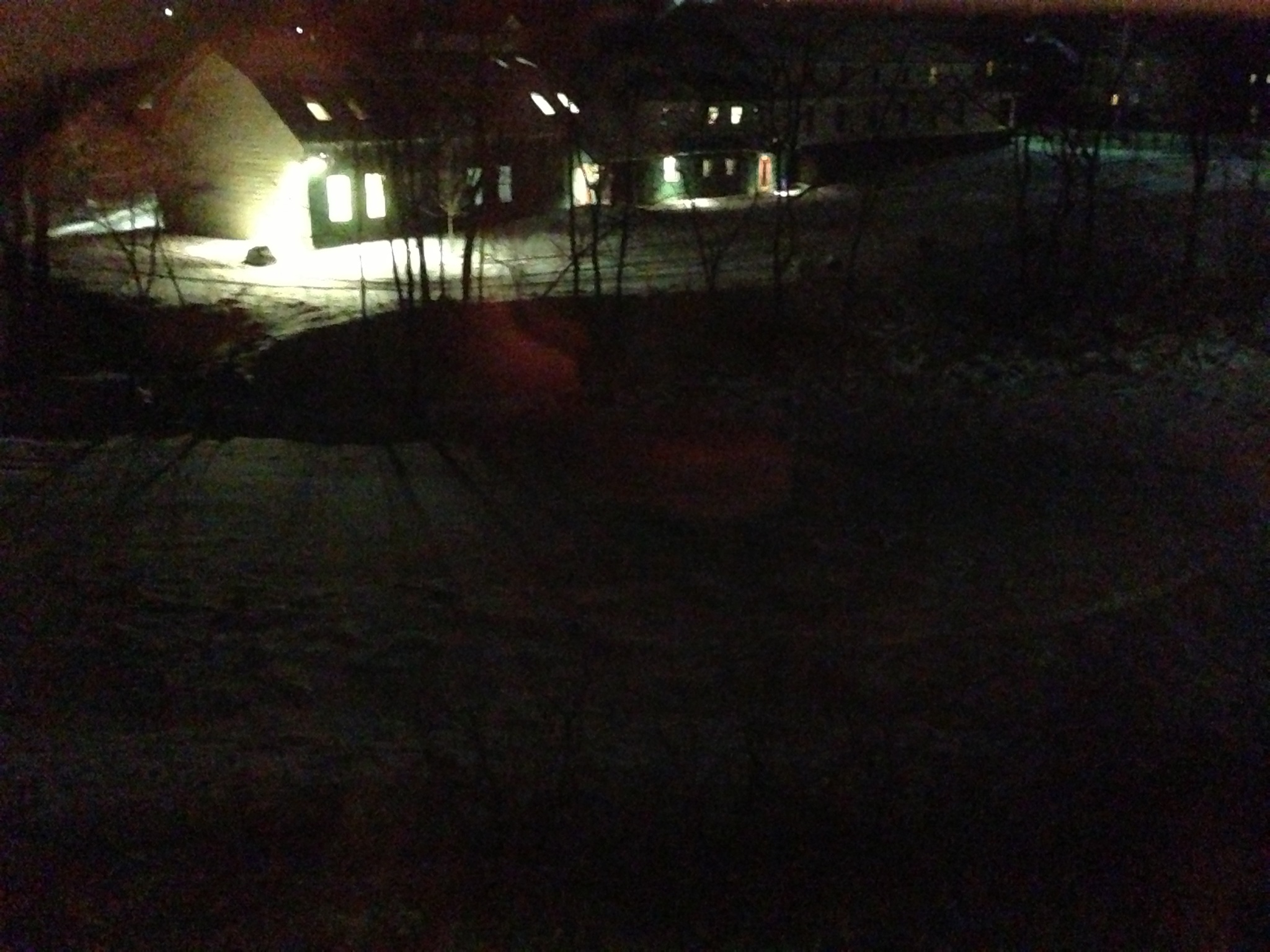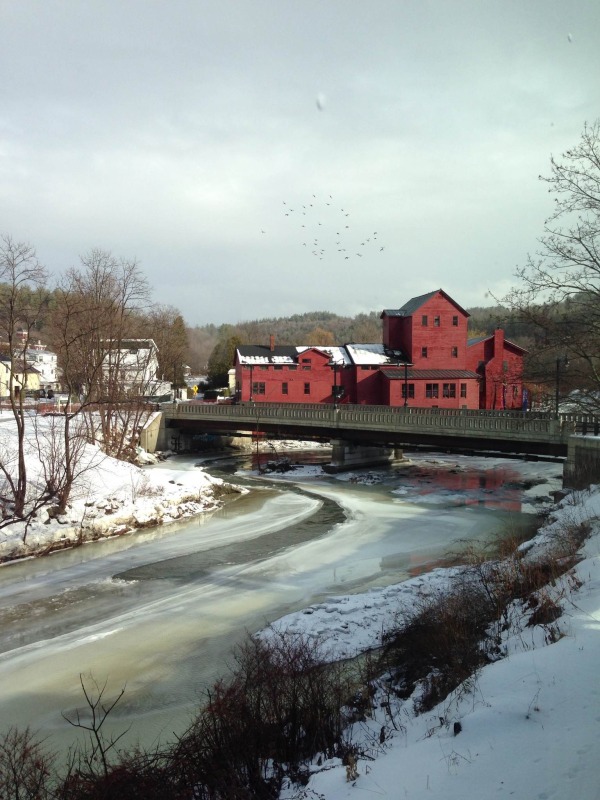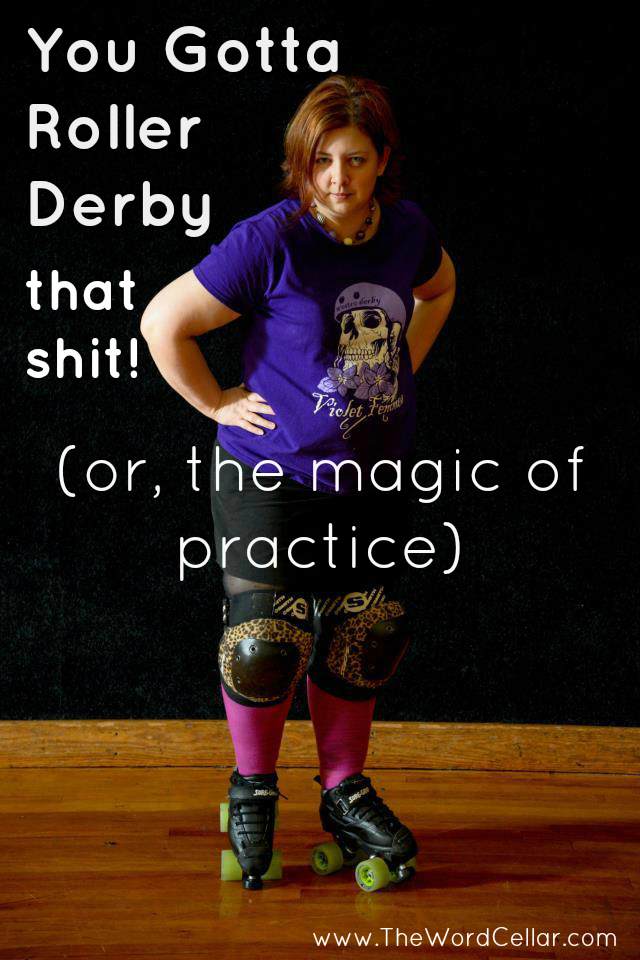The Myth of the Real Writer
 Tuesday, March 11, 2014 at 6:44PM
Tuesday, March 11, 2014 at 6:44PM 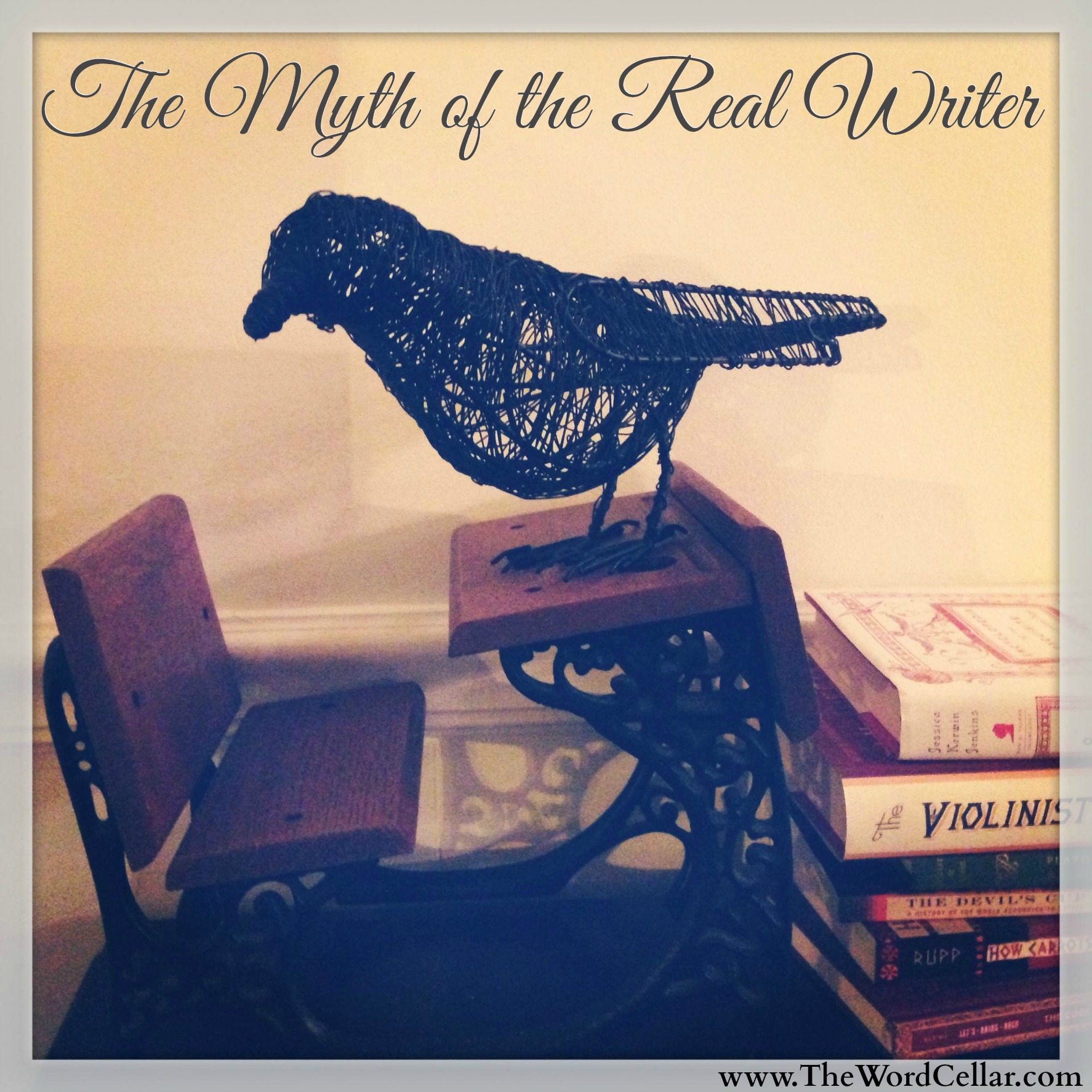
[This is Part 1 of 2. Read Part 2 here.]
The Myth of the Real Writer:
It comes tapping at your mind, a harbinger of doubt and dread, whispering one of your worst fears: All of your attempts are in vain, and no matter what you do, you'll never be a Real Writer. It swoops in at odd times, maybe upon a dreary midnight, or after you've been napping, or while you're reading a book you love. Often it shows up as when you're in the middle of writing a difficult paragraph. Once it takes hold, it's hard to hear anything else besides its heart-wrenching, energy-draining refrain.
It's time to break free from the Myth of the Real Writer.
What is this myth? It contains many components, a litany of absolutes about what Real Writers do or don't do.
Real Writers...
- ...write every single day.
- ...get up early to write first thing in the morning.
- ...know the whole story before they sit down to write.
- ...write fantastic first drafts.
- ...never have to revise.
- ...write only by hand in Moleskine journals (or on typewriters or on laptops in cute coffeeshops).
- ...never have writer's block.
- ...never fear the blank page.
- ...are willing to sacrifice anything for their creative work.
- ...have read all of the Classics, all important contemporary literature, and everything in-between.
As I mentioned in my last post, I used to think I couldn't be a Real Writer because my creative process didn't match my ideas of how a Real Writer operates.
I thought:
I can't be a Real Writer because I don't write every day.
I can't be a Real Writer because I have to write a lot of nonsense before I figure out what I'm really trying to get at.
I can't be a Real Writer because sometimes I don't know what to write about.
I can't be a Real Writer because I haven't read Tolstoy yet and I forget the titles and plots of some major Shakespeare plays.
I can't be a Real Writer because sometimes my own writing bores me.
I can't be a Real Writer because I don't write as much in one day as other people do.
The list could go on.
What helped me to see beyond the Myth of the Real Writer?
First, I got to know more writers and realized that most of them struggle with similar issues.
Second, I discovered that every writer's creative process is unique. I learned that there's no universally "right way" to approach writing.
Even now that I know this, I still get tripped up on different versions of the myth. In my next post I'll share a story about how this happened to me just earlier this week.
What about you? Do you have a Myth of the Real Writer in your head, too? What does it tell you? And how do you respond?
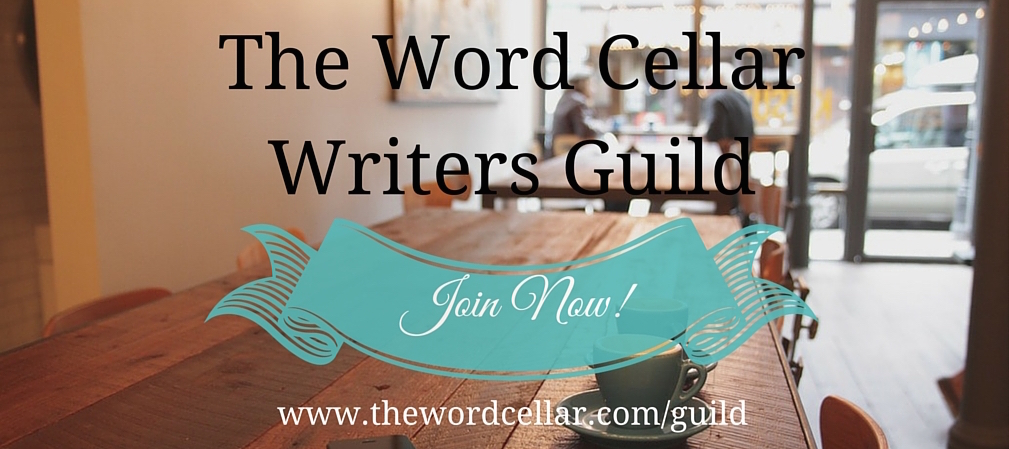 Want to break free from your own Myth of the Real Writer?
Want to break free from your own Myth of the Real Writer?
Join The Word Cellar Writers Guild, an online community and resource center for writers.
We have a library of writing modules (like self-paced e-courses) that focus on elements of craft and issues of the writing life, all to help you become the writer you long to be.
 courses,
courses,  online courses,
online courses,  writing,
writing,  writing life
writing life 

